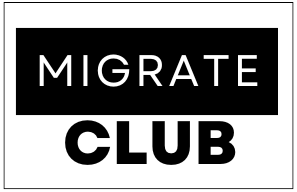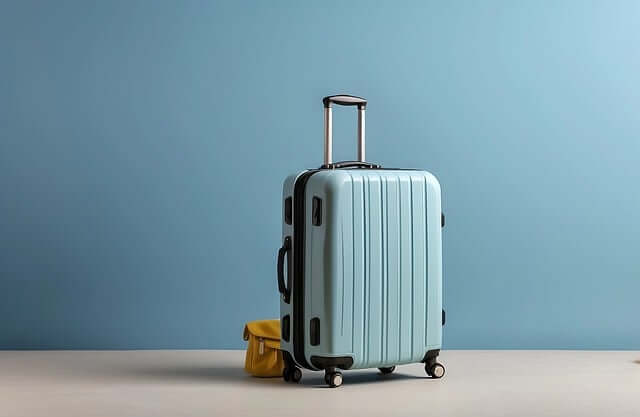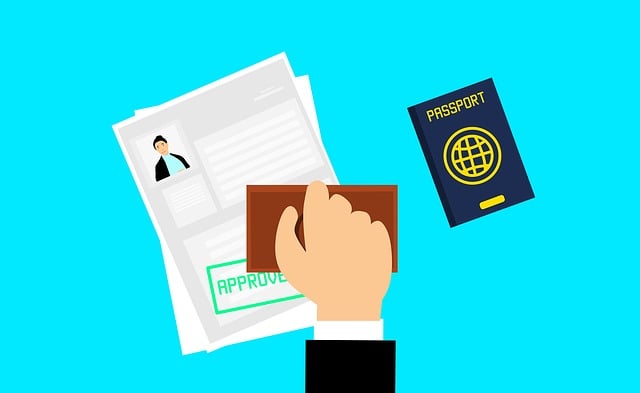Studying in the U.S. is a dream for many international students, Nigerians inclusive. However, the processes involved in acquiring a U.S. student visa can seem complex. Applicants often find themselves seeking guidance on how to go about it due to the processes.
This article is to help you navigate the process of applying for a U.S. student visa as a Nigerian. It will give you a guideline to aid your U.S. student visa application process.
Types of student visa
There are three main types of student visas; the M-1, F-1, and J-1
The M-1 visa is issued to students embarking on vocational or non-academic studies.
The F-1 visa is for academic studies or students studying English Language in a U.S college or university.
The J-1 visa is issued to students participating in exchange programs.
Nigerian students seeking to do their first or postgraduate degree will be issued an F1 visa.
Also Read: Top 10 Immigration Rules for International Students in the United States
Eligibility criteria
To apply for a U.S student Visa, as a Nigerian student, there are things you must do first, to get certain documents. They include:
Acceptance to SEVP-approved school:
Before applying for a student visa, Nigerian applicants must be accepted into a U.S. school. it can be a college or a university, that is certified by the Student and Exchange Visitor Program (SEVP). The SEVP ensures that the institution meets certain standards.
You can find a list of SEVP-approved schools on the U.S. Department of Homeland Security (DHS) website.
Once offered admission by any of the schools, you will be enrolled in SEVIS.
SEVIS is an acronym for the Student and Exchange Visitor Information System. It contains data on international students and the schools they enrol in. it tracks and monitors international students during their stay in the U.S.
All these is to help the u.s government enforce compliance to its laws.
Paying SEVIS fees
Nigerian students are to pay the SEVIS I-901 fee. This fee supports the Student and Exchange Visitor Information System.
Once you pay the SEVIS fee, you’ll be issued a form known as the form 1-20, by the institution. This form serves as proof that your admission is legitimate or legal. keep this form safe, because you will need it to apply for a visa.
Take an English Language test
Since English is the primary language of instruction in most U.S. universities, Nigerian students may need to show they can speak, read, and write the english language. This can be through standardized tests such as the TOEFL or IELTS. (IELTS is the most famous and accepted ). it is safer to take this test before applying. Register for, write, and pass any of the above tests to not jeopardize your chances of admission.
Applying for a visa
Form DS-160:
The first step in the visa application process is to complete Form DS-160. it is an online Nonimmigrant Visa Application. This form collects information about the applicant and their intended stay in the U.S.
Paying the visa fee:
After completing Form DS-160, you must pay a non-refundable visa application fee. This fee can be paid online or at designated bank branches.
Visa interview:
Once the fees are paid, applicants must schedule a visa interview at the nearest U.S. Embassy in Nigeria. This will likely be in Lagos or Abuja, so if you live outside these cities, prepare to travel for your interview.
During interview, applicants will be asked about their academic plans, finances, and ties to Nigeria. These questions are to assess their eligibility for the student visa.
Also Read: 10 Most Popular U.S. Visa Interview Questions and Answers
Required documents:
As a Nigerian student, below is a list of documents you should bring to the visa interview:
- Passport: your passport should still be valid at least six months after the end of your studies or stay in the U.S.
Renew your passport if it is close to expiry at the time of your application for a Visa. - Form DS-160 confirmation page.
- Visa application fee payment receipt.
- SEVIS fee payment receipt.
- Acceptance letter from SEVP-approved school.
- financial documents showing the ability to cover tuition, living expenses, and other costs while studying in the U.S.
- Academic transcripts and standardized test scores.
- Evidence of ties to Nigeria, such as family, employment, or property ownership.
Visa approval:
If the visa officer determines that you are eligible for a student visa, the visa will be approved. and you will receive your passport with the visa stamp. Processing the Visa may take up to 3 or more weeks. Ensure to apply on time if you wish to meet up with your school’s resumption date.
Arrival in the U.S
Once the visa is approved, Nigerian students can make arrangements to travel to the U.S. to begin studies. Upon arrival, they will go through customs and immigration at the port of entry. Don’t panic, it is to inspect your visa and other documents. So, ensure to leave nothing behind when you pack
You can arrive in the U.S. as early as thirty days before the beginning of the school term. This should give you time to sort out where to stay, and other necessities, but not earlier than that.
Also Read: Which Schengen Countries Are the Easiest to Get a Student Visa?
Conclusion
Applying for a U.S. student visa can seem like a lot of work. It is a lot of work actually, but you can go through it sucessfully if you follow the guidelines in this article.
Get admission, pay your SEVIS fee and receive a form 1-20 from your institution, then go ahead to apply for the U.S. student visa. The application process comes with instructions. stick to the instructions at all times, and provide all necessary documents.
If you do all these, the chances of getting an approval is high, and it is my earnest hope you ace the next stage of your life.

























